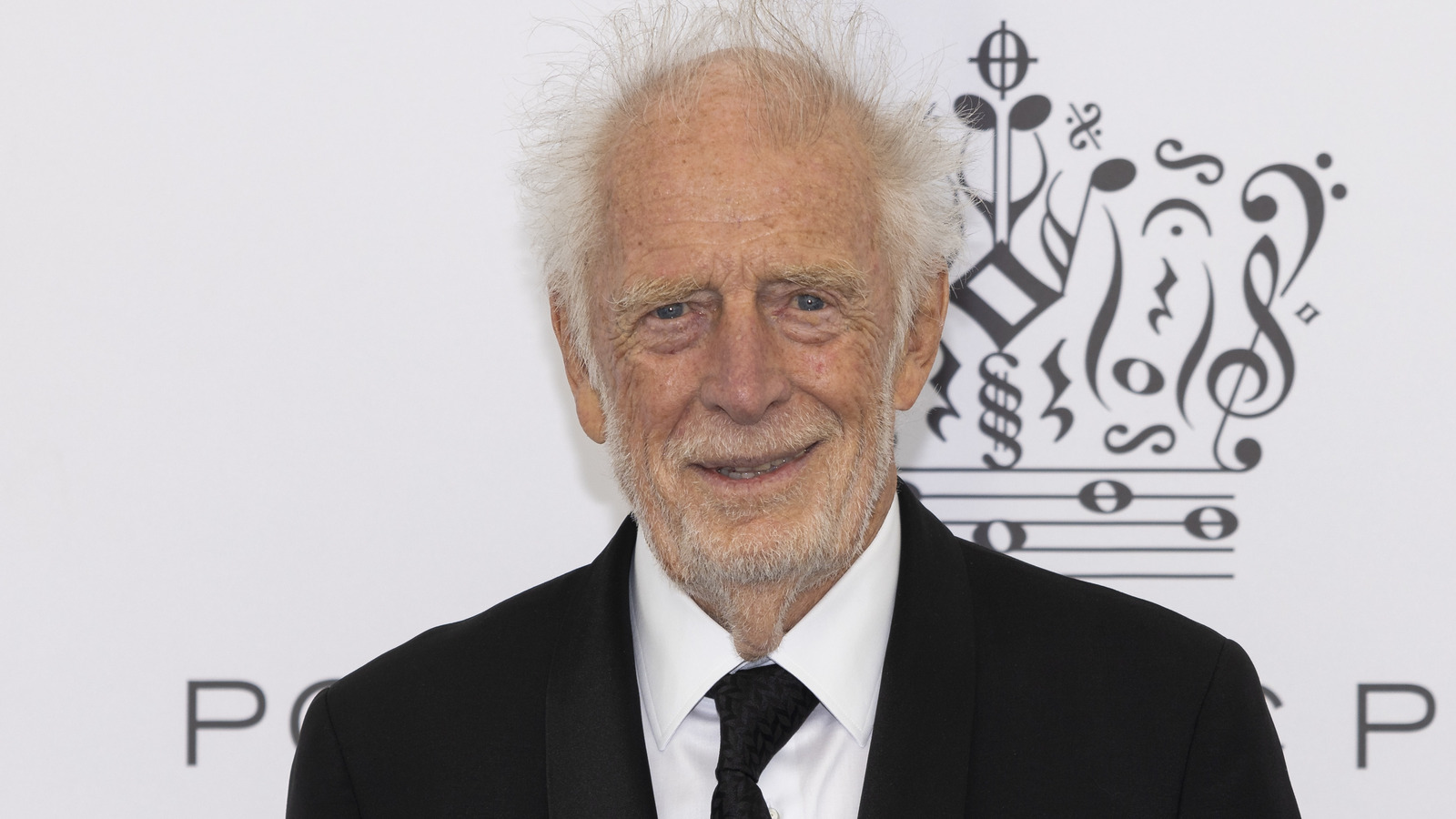
Just a few years after meeting with Bob Marley, Chris Blackwell helped launch another legendary name in popular music: U2. Years later, he told Ultimate Classic Rock that if he had been sent a demo tape from the group, he never would have signed them. But his first exposure to the band was live, in a club with about 10 to 15 people. Even though their music wasn’t to his taste, he appreciated their passionate performance — and the fact that they had a real manager who was serious about his job, not a talentless friend hanging onto the band. Based on both factors, Blackwell didn’t hesitate to sign them.
The strength of Bono’s personality in particular stood out to Blackwell, who recalls his first encounters with Bono and Marley in his memoir, “The Islander: My Life in Music and Beyond.” That strong personality occasionally clashed with Island management over the years. Bono and the rest of the band complained when Blackwell told them that an album photoshoot was no good, and they stood their ground when he objected to their bringing in Brian Eno as a producer. In both spats, it was Blackwell who stood down, deferring to the creative passions of his artists.
U2 appreciated Blackwell’s support. Bono told The New York Times that the producer was a role model to him. And he and his bandmates were prepared to show their gratitude. When financial trouble in the mid-1980s left Island unable to pay them, U2 loaned the label money. In return, Blackwell gave them ownership of their masters and a percentage the company.








